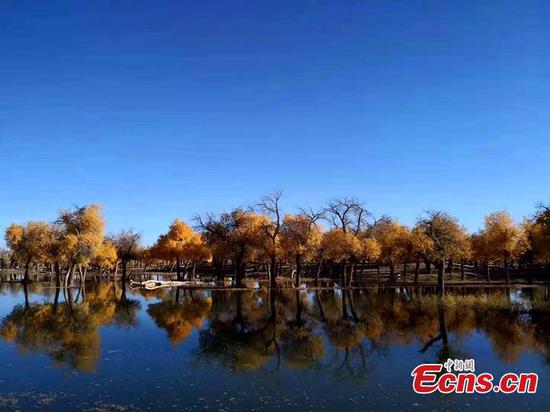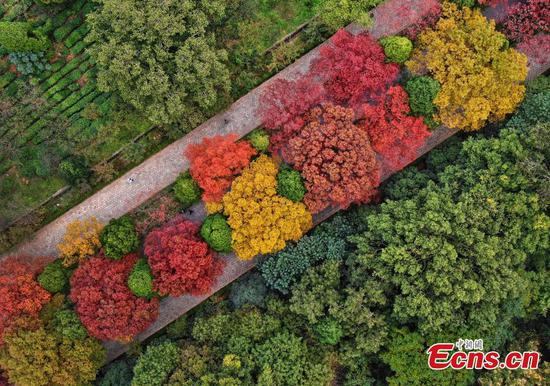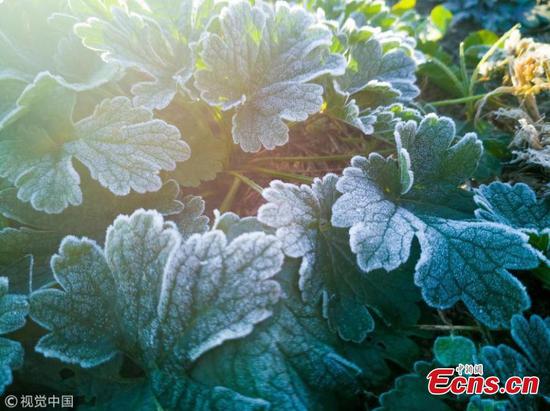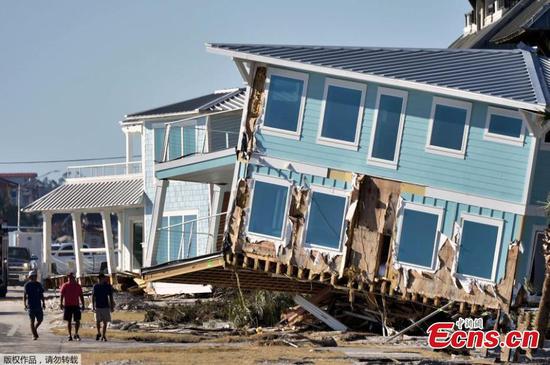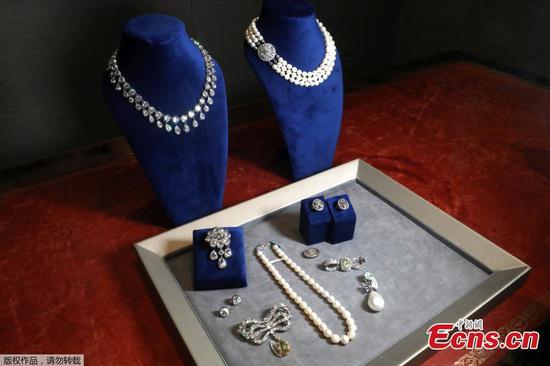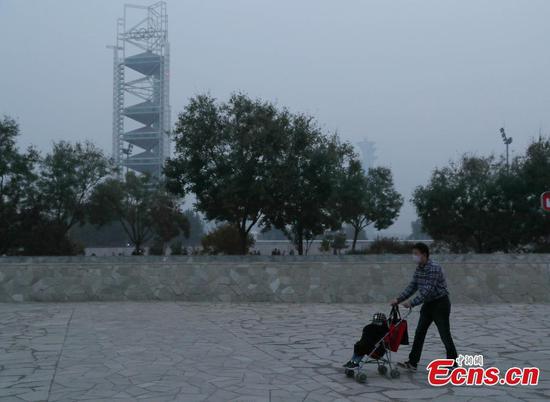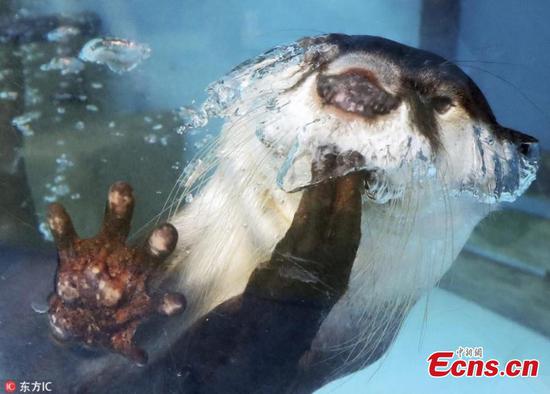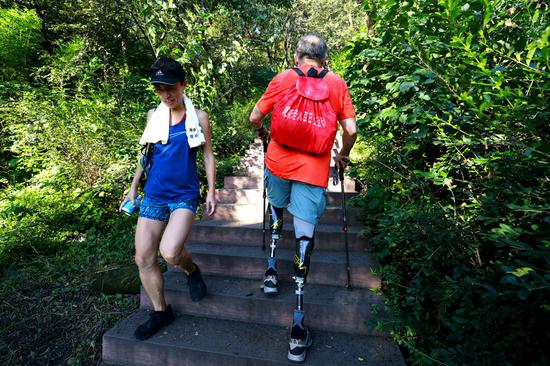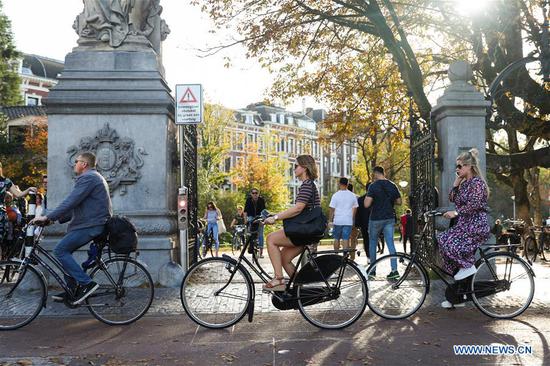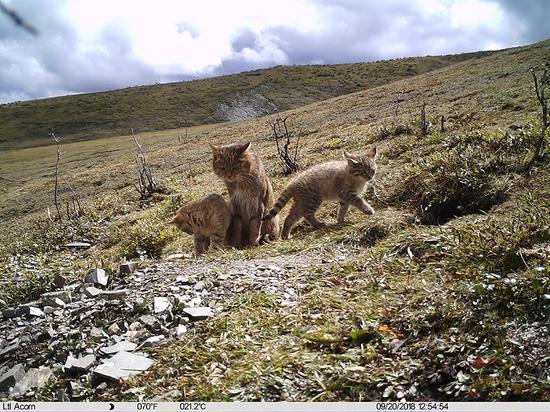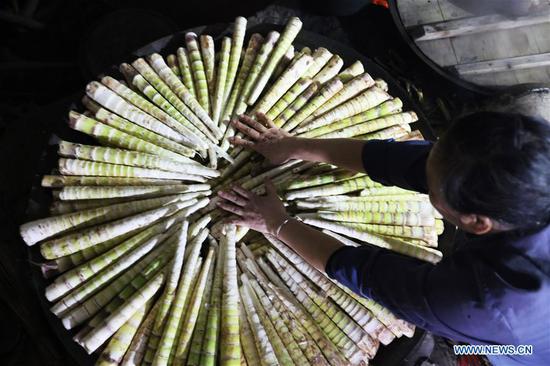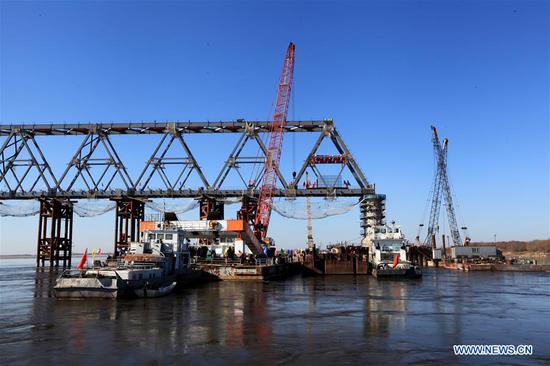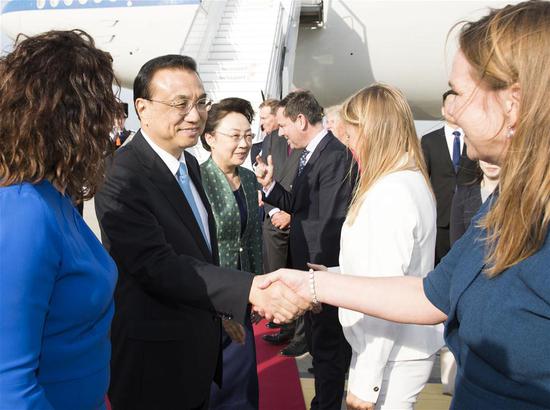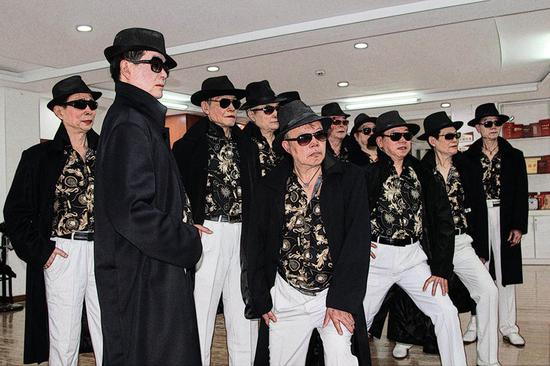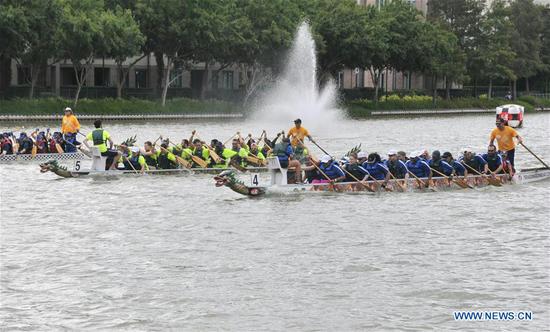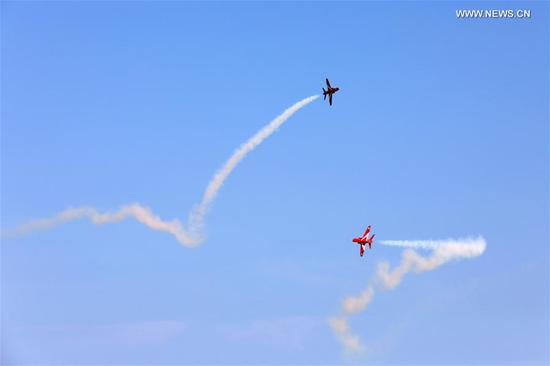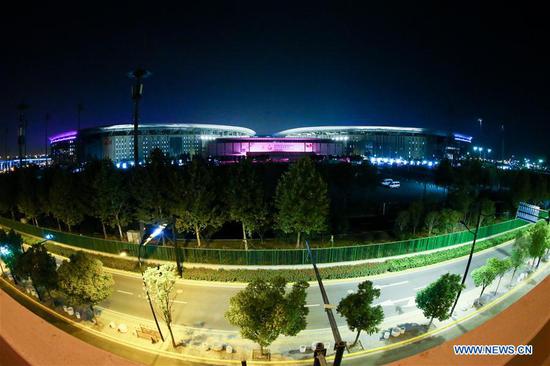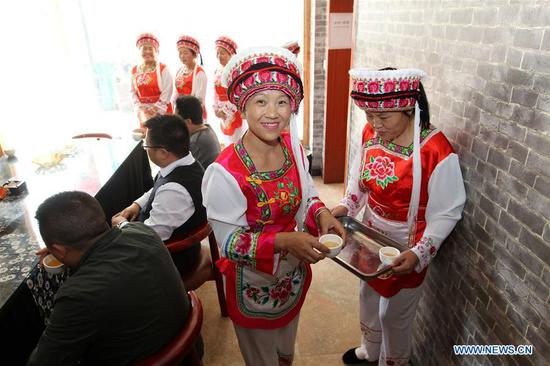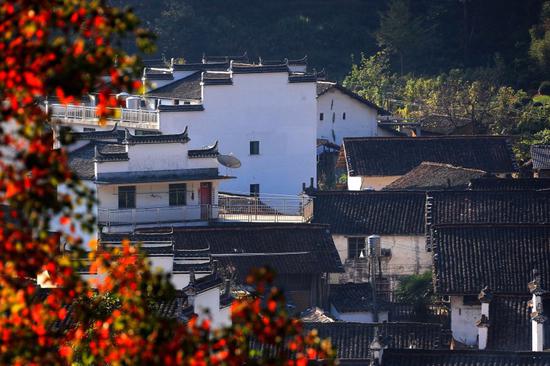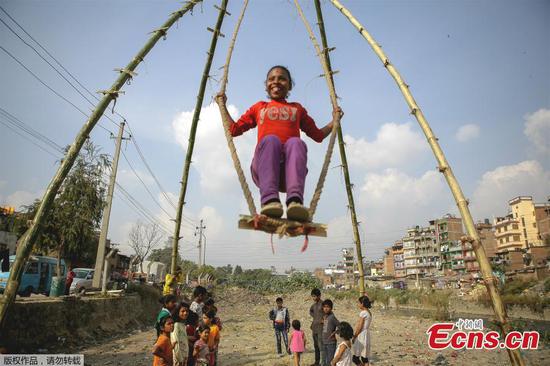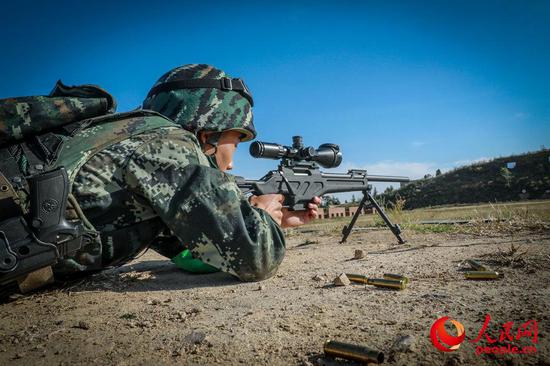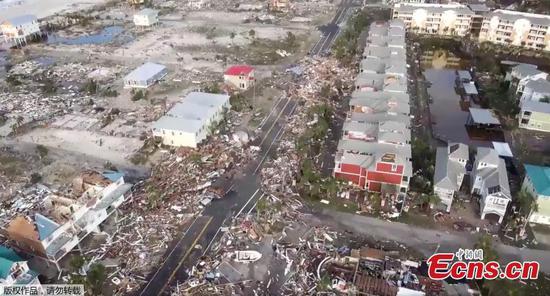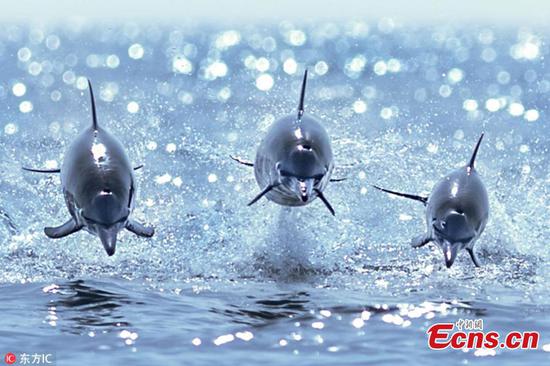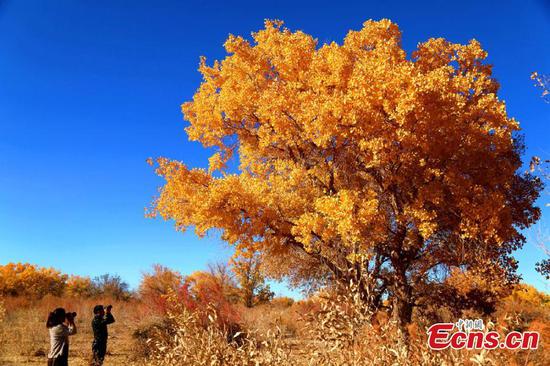Beijing-Tokyo Forum calls for upgrade to new communication mechanism
China and Japan should work harder to pursue cooperation and win-win outcomes in Asia, said a joint statement released by the 14th Beijing-Tokyo Forum in the Japanese capital on Monday.
The Tokyo Consensus said Chinese and Japanese participants of the forum support the Democratic People's Republic of Korea's diplomatic efforts to achieve complete denuclearization, and push for making this possible in a peaceful manner. China and Japan need to deepen cooperation to bring about complete denuclearization of the Korean Peninsula and to build the peninsula's peace mechanism.
The two-day forum, which ended Monday, was initiated in 2005, and rotates between the two countries annually.
The world's free trade environment is becoming increasingly endangered, the statement said, and unilateralism is a serious threat to the global economy. It called for China and Japan to join hands to safeguard the open, rules-based free trade system and international cooperation under the framework of multilateralism.
The two countries should make greater efforts to push for World Trade Organization reform and adjustments to their own economic structures.
China and Japan agreed last year to launch an air and maritime communication mechanism as part of their joint crisis management and prevention efforts. The statement said the mechanism, unveiled in June, should be upgraded and regular consultations should be held.
President Xi Jinping met with Japanese Prime Minister Shinzo Abe in Vladivostok, Russia, in September, and Premier Li Keqiang visited Japan in May. Abe will visit China from Oct. 25 to 27.
At the forum's opening ceremony in Tokyo on Sunday, Xu Lin, head of the State Council Information Office, said the high-level exchanges between leaders of the two countries indicate where bilateral ties are headed.
This year marks the 40th anniversary of the signing of the China-Japan Treaty of Peace and Friendship and the 40th anniversary of China's reforms and opening-up, which Xu said are correlated. He said it is of utmost importance that peace, friendship and cooperation should be keywords for bilateral ties.
Xu said the two countries should draw on historical wisdom and maintain the positive direction of ties.
Yasuo Fukuda, former Japanese prime minister, said there have been ups and downs in bilateral relations since the treaty was signed. He appealed to the two countries to review the spirit of the treaty and build a forward-looking, friendly relationship.
China has played an important role in creating the current world order, under which China, Japan and other Asian countries have grown. As the world's political, economic and security systems undergo changes, Japan and China should make joint efforts to safeguard the rules of the international order, he said.
Chinese Ambassador to Japan Cheng Yonghua said the two countries still need to address issues in their relations, including building political and security trust, constructively managing differences, strengthening exchanges and cooperation, and safeguarding multilateralism.
Addressing the opening ceremony of the forum, Yasutoshi Nishimura, Japan's deputy chief Cabinet secretary, said Japan and China are economically inseparable, with more than 30,000 Japanese-invested companies and organizations in China. The total sum the two countries have invested in each other stands at $8.95 billion.
During Li's visit to Japan in May, China and Japan agreed to cooperate in third-party markets. Nishimura said the Japanese government will support Japanese companies to cooperate with Chinese firms.












